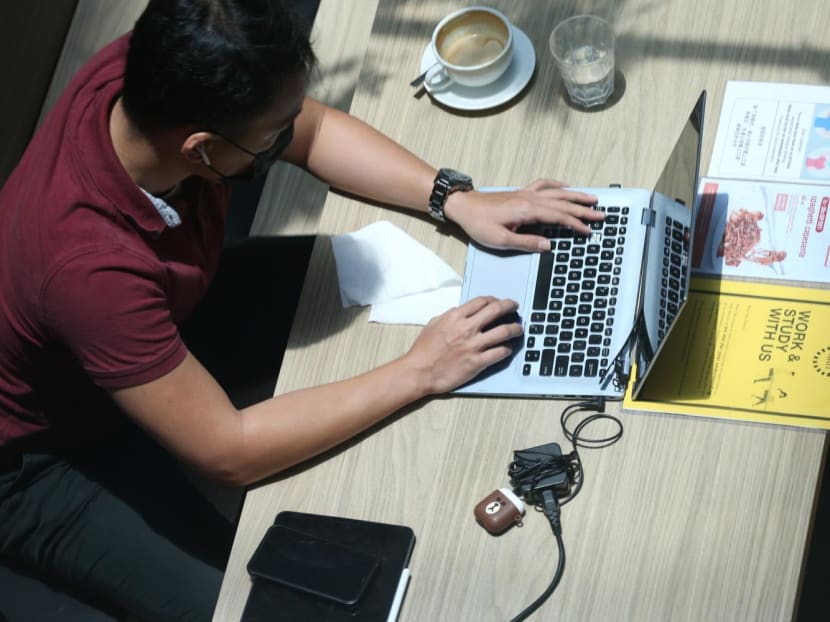Employees In Singapore Can Now Ask For 4-Day Work Weeks & More WFH Days
They can also request flexible work locations and staggered work hours.
Employees in Singapore can look forward to having more control over their work schedules and locations under new tripartite guidelines
The new guidelines, announced on Monday, 15 April, by the Tripartite Alliance for Fair and Progressive Employment Practices (TAFEP), will come into effect starting 1 December this year, reported Bloomberg.
TAFEP is an agency set up by Singapore's Ministry of Manpower, the National Trades Union Congress, and the Singapore National Employers Federation. While the guidelines are not legally enforceable, they do require all firms in Singapore to establish a formal process for employees to request flexible work arrangements.
Workers will have the right to formally request four-day work weeks, more work-from-home (WFH) days, and staggered work timings
Additionally, they can also ask for flexible work locations.
According to Yeo Wan Ling, the co-chair of the Tripartite Workgroup, access to flexible work arrangements is often the main consideration for caregivers, women workers, and senior workers.
How will it work?
All firms in Singapore are required to establish a process for employees to submit FWA requests.
While companies can reject requests, they cannot do so on the basis that it runs counter to a firm’s traditions or that management simply doesn't believe in such flexible work styles, according to TAFEP guidelines.
Employers can reject FWA requests only for specific reasons, such as:
- FWA will significantly worsen productivity
- FWA will significantly increase costs
- FWA is not feasible due to the nature of the work
Employers cannot reject requests based on:
- Company tradition to not have FWAs
- The management does not believe in FWAs
- Bosses or supervisors preferring to have direct sight of the employee in the office
If an employer is uncooperative or wilfully refuses to comply with the new guidelines, the Ministry of Manpower may issue a warning and require the employer to attend corrective workshops, reported TODAY.
What's the reason behind these new guidelines?
Firstly, Singapore's move aligns with a global trend towards more flexible work options, with governments requiring businesses to consider flexible work requests.
It may also benefit businesses by attracting talent more quickly and increasing revenue.
But most importantly, it addresses Singapore's specific challenges, such as a tight labour market, an ageing workforce, and the need to empower a diverse workforce, reported CNA.
Additionally, Minister of State for Manpower Gan Siow Huang emphasised that flexible work arrangements are crucial for Singapore's future economic strength.
"I feel that it's not a choice that we can make. If we want to have a strong labour force in Singapore, we want to be able to empower adults in Singapore who want to work to be able to work, flexible work arrangements have to be the way to go," said Gan, who is also the Minister of State for Education.
Meanwhile, as part of its plan to increase the retirement age to 65 by 2030, the Singapore government recently announced that it will raise its retirement and re-employment age by one year in 2026:

